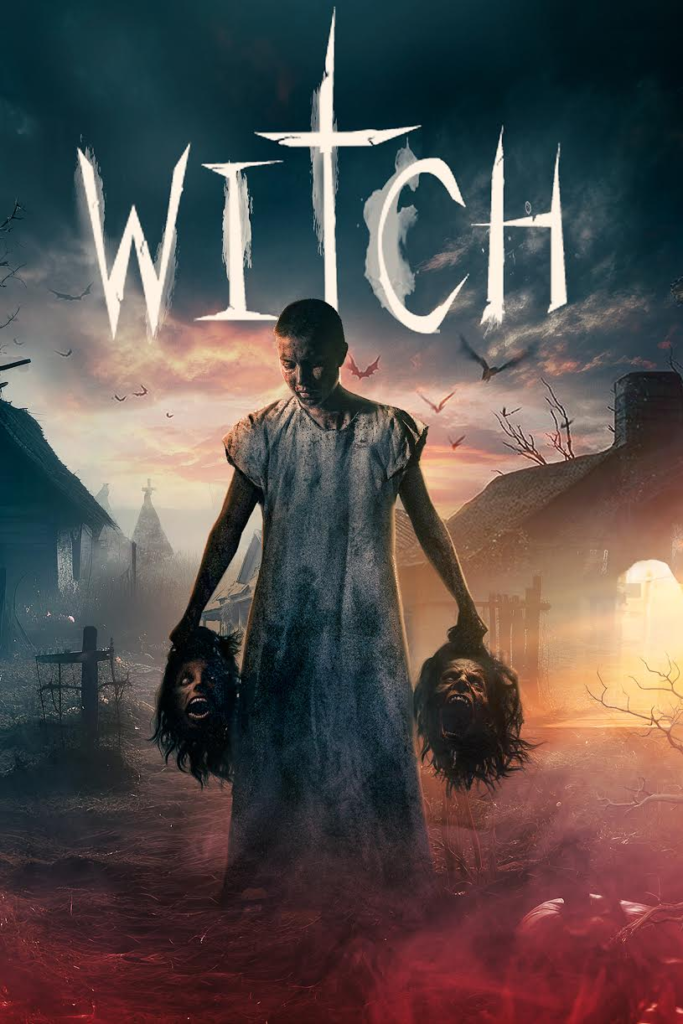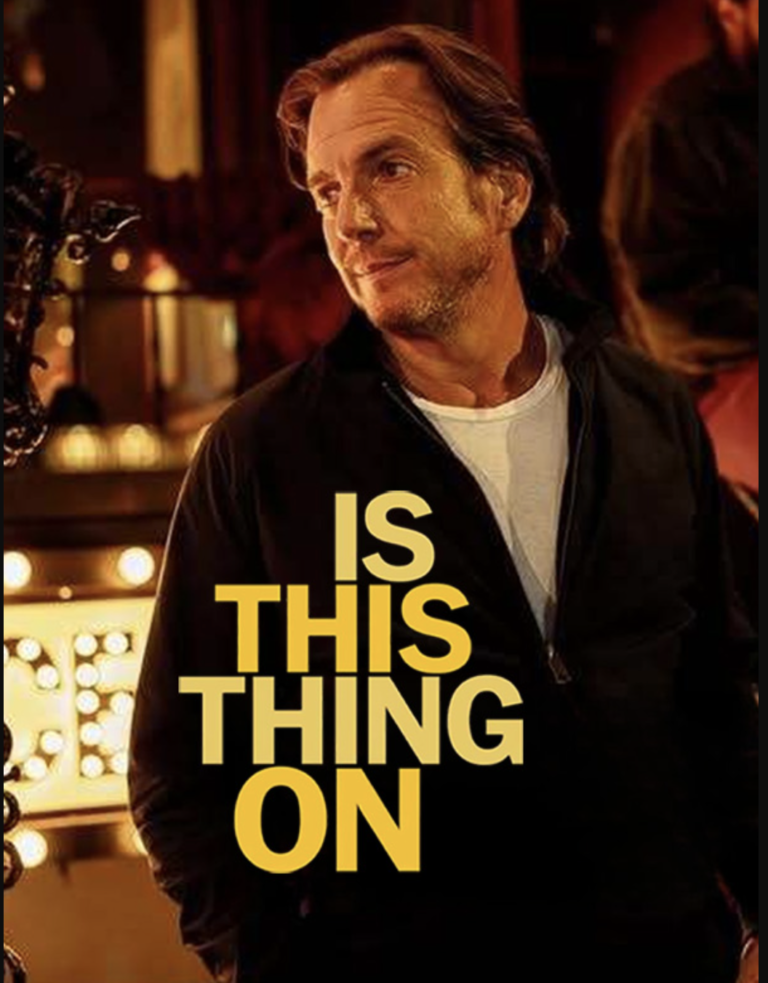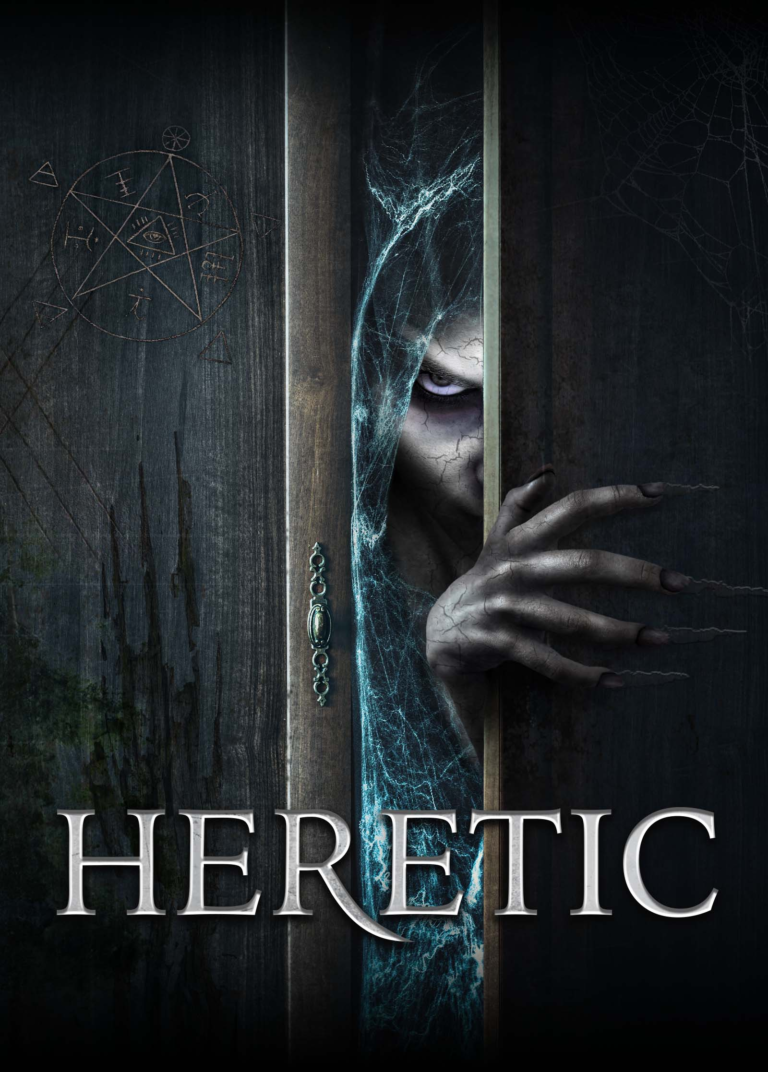Witches Christian Review

It’s not every day that a documentary comes along and invites you to reexamine a word as loaded as “witch.” Sophie Sankey’s Witches is that kind of film—sharp, personal, messy, and intentionally hard to pin down. Watching it is like stepping into a kaleidoscope: fractured pieces of history, culture, and personal pain twist and turn until they form something startlingly beautiful, if not entirely coherent.
For Christians, it’s a challenging watch, both intellectually and spiritually. The film forces you to ask questions you might not want to answer. What does it mean to call someone a “witch” today? Is it simply an insult, a metaphor, or does it carry something darker? And how do we, as people of faith, respond to a narrative that plays so freely with a concept Scripture warns us to take seriously?
The Word That Won’t Go Quietly
Let’s start with the obvious: “witch” is not a neutral word. It’s been used to terrify, to ostracize, to condemn. In Sankey’s hands, it becomes a symbol—one with layers that shift depending on how you look at it. Her documentary starts out playfully, almost whimsically, as she explores how the label has been used to describe women who refuse to conform. Then, without warning, the tone shifts. We’re thrust into darker territory: the Salem witch trials, the European witch hunts, and the violent persecution of women accused of sorcery.
This historical unpacking is where the film gains traction. Sankey reminds us that the “witch” has always been a scapegoat. Whether it was for fear of the unknown, societal control, or outright misogyny, women branded as witches were rarely guilty of anything more than existing outside the lines. As a Christian, this hits hard. It’s a stark reminder of the dangers of wielding faith as a weapon rather than a source of healing.
What Sankey Gets Right
Sankey doesn’t shy away from the complexity of her subject. She’s at her best when she leans into her personal narrative, connecting the broader history of witch hunts to her own experiences with being labeled and marginalized. Vulnerability is the film’s heartbeat. It’s in her voice as she narrates her story, and it’s in the rawness of her pain as she recalls moments where she felt reduced to a stereotype.
This is where the film resonates most deeply with Christian viewers. There’s something profoundly biblical about Sankey’s insistence on seeing the humanity behind the label. In Scripture, we see Jesus repeatedly rejecting the labels society imposes—tax collector, sinner, adulterer—and choosing instead to see people as they truly are. Sankey, perhaps unknowingly, echoes this truth when she challenges us to look beyond the word “witch” and see the person behind it.
The Uneasy Blend of Playful and Political
But Witches doesn’t stay in the personal for long. Sankey shifts gears into a more overtly political critique, and this is where the film begins to falter. There’s a lot of talk about empowerment, reclamation, and resistance. Sankey argues that the modern use of “witch” has become a symbol of defiance—a way for women to push back against patriarchal systems. It’s an interesting argument, but one that feels less grounded than her personal reflections.
For Christians, this is where the film gets tricky. The Bible doesn’t treat witchcraft as a metaphor. It’s a real, spiritual issue, explicitly condemned as dangerous and destructive. Sankey’s reclamation of the term as a symbol of power and independence doesn’t quite sit right with a faith that calls us to find our identity in Christ, not in labels forged in rebellion.
And yet, there’s room for nuance here. While we can’t ignore Scripture’s warnings about witchcraft, we also have to recognize the difference between the historical use of “witch” as a tool of oppression and the spiritual reality it represents. Sankey’s film challenges us to untangle these threads—a difficult but necessary task.
The Art of the Fragment
One of the most distinctive features of Witches is its editing. Sankey uses a bricolage style, stitching together archival footage, personal monologues, and cultural critiques into something that feels more like a collage than a traditional documentary. It’s innovative, sure, but it’s also overwhelming at times.
The result is a film that feels intentionally disjointed, as if Sankey wants us to experience the chaos and contradiction of her subject. Some viewers might find this frustrating; others will find it exhilarating. For me, it was both. There were moments when the sheer volume of ideas felt like too much, like Sankey was trying to do in 90 minutes what might have been better suited to a series.
But maybe that’s the point. Life is messy, and so is history. Sankey’s refusal to tidy things up forces us to sit with the discomfort of it all.
Faith, Fear, and the Fine Line Between Them
What lingers after watching Witches is the tension between fear and faith. The fear that drove centuries of witch hunts is the same fear that drives so much of our brokenness today. Fear of the other. Fear of losing control. Fear of anything that challenges our comfort zones.
As Christians, we’re called to a different posture. Perfect love casts out fear, Scripture tells us, and yet how often do we allow fear to shape our actions? Watching Sankey’s film, I couldn’t help but wonder: how many times have we, like those who condemned the so-called witches, allowed fear to blind us to the humanity of others?
But there’s another side to this tension. While fear should never dictate our actions, there’s a kind of holy reverence that should guide us—a recognition that spiritual realities are not to be taken lightly. Sankey’s playful approach to the word “witch” is thought-provoking, but it risks trivializing something the Bible treats with utmost seriousness.
A Provocation, Not a Resolution
By the time the credits rolled, I felt unsettled. Not because I disagreed with Sankey’s premise—I think she raises important questions—but because the film doesn’t offer much in the way of answers. And maybe that’s the point. Witches is less about resolution and more about provocation. It invites us to wrestle with our assumptions, to dig deeper into history and culture, and to confront the ways we’ve used faith as both a shield and a weapon.
For Christians, this wrestling is crucial. How do we hold space for the pain of the past while staying true to the spiritual truths of our faith? How do we speak against injustice without compromising on the integrity of Scripture?
Sankey doesn’t answer these questions, but she doesn’t have to. That’s our job.
Rating: 7/10
At its best, Witches is a poignant, deeply personal exploration of a word that refuses to die. It challenges us to confront the ways we label and marginalize, offering a fresh perspective on an old story. At its worst, it’s a bit too scattered, a bit too enamored with its own cleverness.
For Christians, it’s a film worth watching—but not without discernment. It’s a reminder to approach history with humility, to engage culture with wisdom, and to ground our understanding of justice and identity in the unchanging truth of God’s Word. Whether you love it, hate it, or find yourself somewhere in between, Witches will leave you thinking. And maybe that’s enough.





